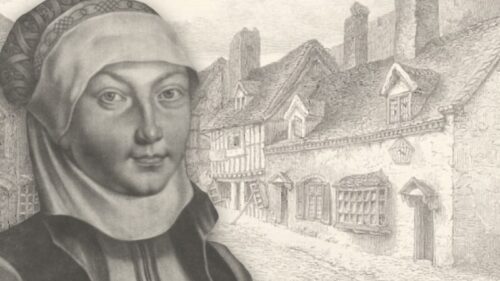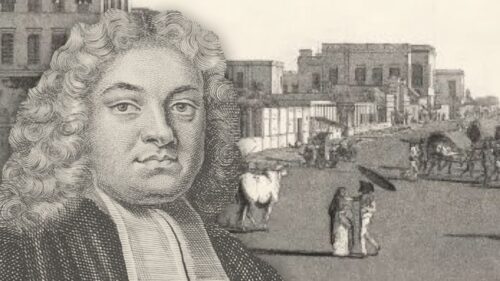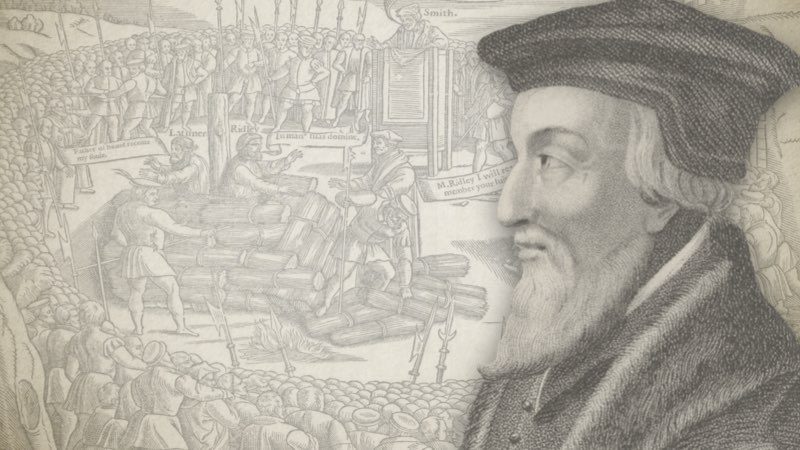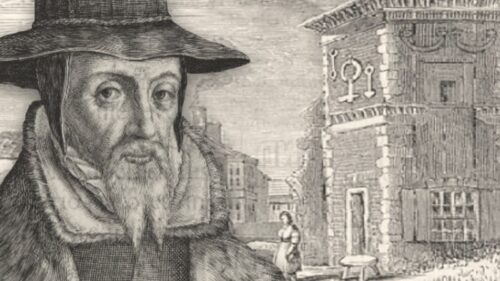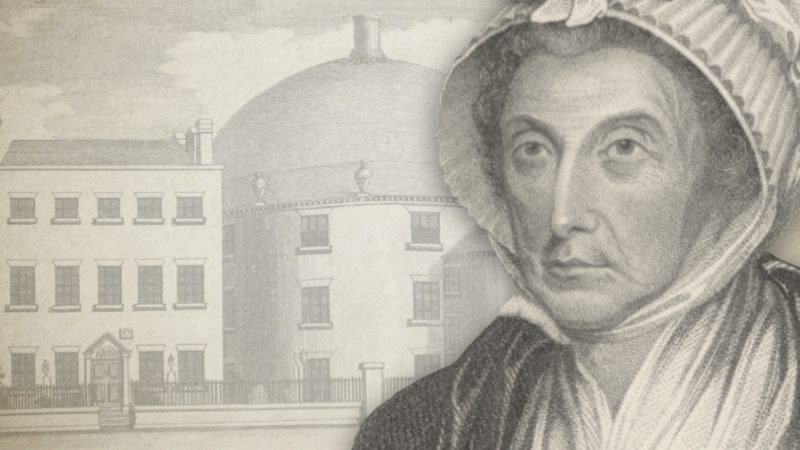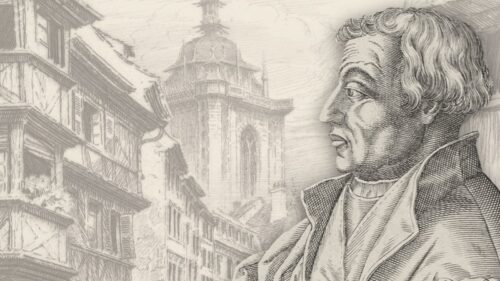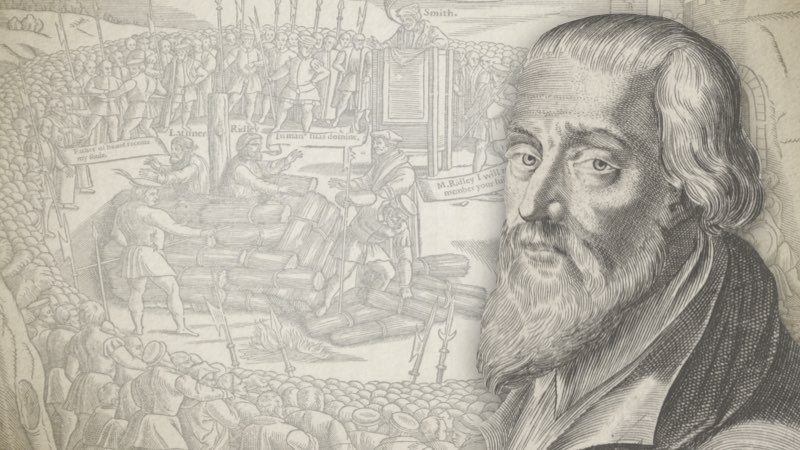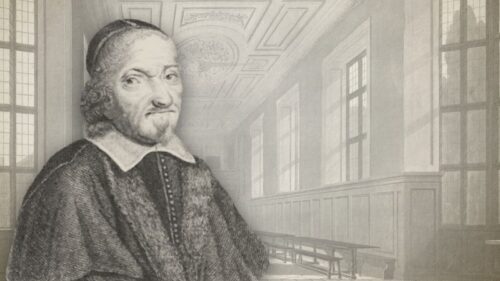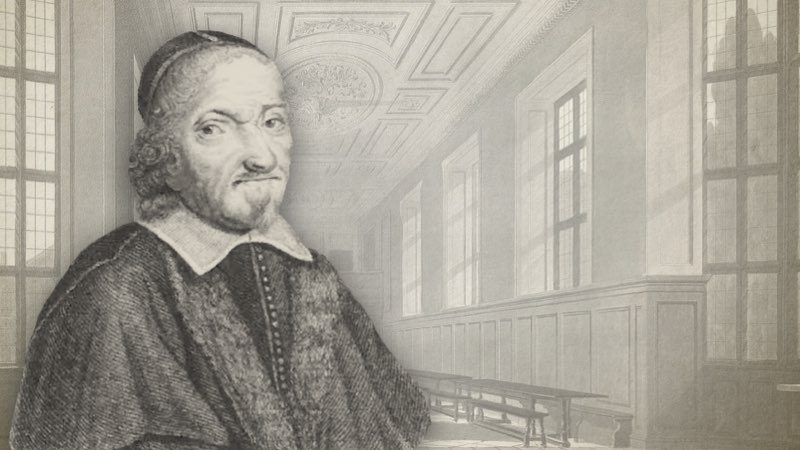George Ella
George M. Ella, born February 1939 in Yorkshire, England, has lived most of his life on the European Continent. He is a retired Senior Civil Servant formerly employed in teaching, post-graduate teacher-training, chairing examination boards and curricula work. He holds degrees from London, Hull, Uppsala, Essen, Duisburg and Marburg universities with doctorates in English Literature and Theology. Dr. Ella has written regularly since the seventies for a number of magazines and newspapers and published numerous books on Church History, including biographies of William Cowper, William Huntington, James Hervey, John Gill, Augustus Montague Toplady, Isaac McCoy and Henry Bullinger besides works on doctrine and education. He is currently finishing the third volume of his series 'Mountain Movers'; a biography of John Durie; a work on Law and Gospel and further study material for the Martin Bucer Seminar. Dr. Ella is still internationally active as a lecturer and is a Vice-President of the Protestant Reformation Society. He is keenly interested in missionary work and has written on the spread of the Gospel amongst the Same people of Lapland, the people of India and the Native Americans. This present volume follows Dr. Ella's 'The Covenant of Grace and Christian Baptism', also published by the Martin Bucer Seminar. George Ella is married to Erika Ella, nee Fleischman, a former government administrator, and they have two sons Mark (41), Director of a Polytechnic College in Bremerhaven and Robin (39), Leading Senior Physician in a newly-built Geriatric and Psychiatric clinic in Dessau.
George Ella on Doctrinal Matters
George Ella's Biographical Sketches
-
James Petigru Boyce (1827-1888): The Forgotten Baptist
When Christian conversation comes round to the topic of Systematic and Historical Theology, everybody seems to have a favourite. The first major theological book I ever owned on the subject was Berkof’s Systematic Theology given to me by my mother almost forty-five years ago. His Historical Theology soon followed. I then read Sheldon, Fisher, Bicknell, Gibson, Griffith Thomas, Dagg, the Hodges, Bavinck, Dabney, Shedd and others whose names I have long forgotten. I never forgot Berkof and still turn to him regularly for guidance. In recent years, however, he has received some earnest competition. In 1998, during a visit to a Founders’ Conference in Mansfield, Texas, I was given a copy of J. P. Boyce’s Abstract of Systematic Theology. When I confessed my ignorance of…
-
Jan Laski (1499-1560) Pan-European Reformer
We Reformed Evangelicals often mope that our age is the least spiritual and Bible-believing on record but there is one advantage we have over previous years, namely the rapid improvement taking place in our knowledge of former saints. It appears that our sovereign Lord is now equipping us with examples from the past to help us establish the faith in our spheres of service for the future. In my youth, few Christians had heard of George Whitefield, John Cennick, Ambrose Searle, James Hervey, Robert Traill, William Huntington, Joseph Hall, John Gill or even Jonathan Edwards. Their precious memory had fallen into oblivion. Nowadays, their works are easily available alongside those of Abraham Booth, John Brine, John Newton, John Jewel, Joseph Hall, George Abbott and other…
-
Hugh Latimer (1487-1555): Apostle of England
Leicestershire has reason to be proud of its connection with the history of our country's Reformation. Two of the most prominent leaders of this movement—Hugh Latimer and John Wycliffe—spent a portion of their valuable lives in this county; the former his childhood, and the latter his closing years. In the small, quiet town of Lutterworth did Wycliffe industriously labour as rector; it was here that he preached the truths of the Gospel with a characteristic fervour and simplicity; it was here that he penned a large number of those outspoken tractates that so powerfully influenced the minds of his countrymen; it was here that he rendered verse after verse, chapter after chapter, book after book, into his mother tongue, until there lay before him the…
-
Selina, Countess Of Huntingdon And Her Connexion
Lovers of eighteenth century church history will have often come across the name of Lady Huntingdon and the ministry which she founded. Often, however, her name is merely dropped here and there in passing and when more space is afforded her, it is invariably in conjunction with well-known preachers such as Wesley, Doddridge, Whitefield, Toplady, Romaine and Venn. This fact has tended to place her in a subsidiary position in modern research into eighteenth century evangelism and church-growth. This is a pity as the very fact that Lady Huntingdon’s name is associated with nearly every important move of the Spirit in the eighteenth century shows what a great influence she had under God during these times. She thus deserves to be studied as a person…
-
The Life And Ministry Of Nicholas Ridley
Nicholas Ridley has rightly been regarded by Christian readers throughout the centuries as a pioneer of reformation and renewal in the Church of Christ and one who defied intense persecution and death rather than betray his Lord. Though Ridley came from a long line of noblemen and Reformers, Ridley’s kinsman and biographer says of him, ‘Descended from this ancient stock, he degenerated not from the virtues of his ancestors, but gave a much greater lustre to his family than he derived from it.’1 John Foxe, the martyrologist, describes Ridley as ‘a man beautified with excellent qualities, so ghostly (spiritually) inspired and godly learned.’ Augustus Toplady says of our subject, ‘He was esteemed the most learned of all English reformers: and was inferior to none of…
-
Miles Coverdale: Superintendent-At-Large Of The Reformation
Miles Coverdale was born in the North Riding village of Coverham in 1487. Little is known of his early biography apart from the fact that he studied philosophy and theology at Cambridge University, gained his doctorate at Tübingen, Germany and was ordained priest at Norwich in 1514. Thereafter, Coverdale became an Augustinian monk, spending some ten years in the service of the Roman Catholic Church. Coverdale got on very well with his superior Robert Barnes, called by John Strype ‘the great restorer of good learning’, who was later to experience a martyr’s death under Henry for his reforming theology. Coverdale and Barnes found access to the doctrines of grace through Augustine’s works which pointed them to the Bible. Both men then gathered together students and…



